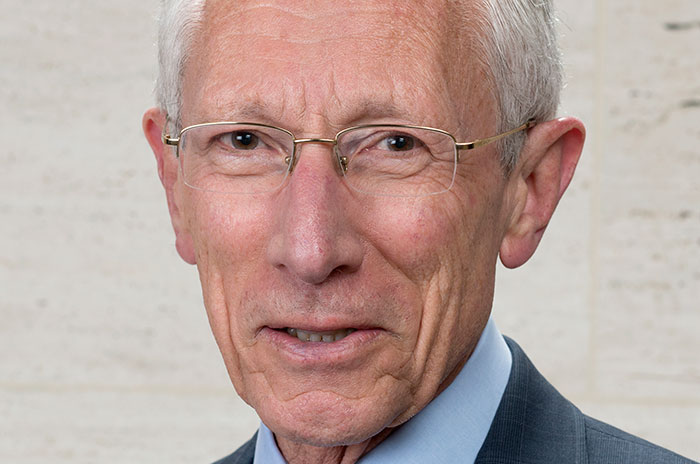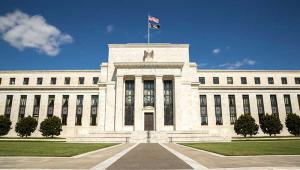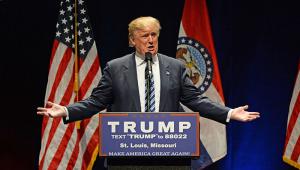web_stanley_fischer_14152693510.jpg

US Federal Reserve vice president Stanley Fischer. Credit: Federal Reserve
Speaking in New York yesterday, Stanley Fischer, vice president of the Fed, seemed optimistic that a new approach from Washington could ease the burden on monetary policy in supporting economic growth.
He noted that for “several years” the “Fed has been close to being the ‘only game in town’” when it comes to economic stimulus.
But “macroeconomic policy does not have to be confined to monetary policy,” he continued. “Certain fiscal policies, particularly those that increase productivity, can increase the potential of the economy and help confront some of our longer-term challenges.”
Fischer stopped short of outright endorsing any particular policy and acknowledged there is some disagreement about which would be most effective.
However, he did say that “some combination of improved public infrastructure, better education, more encouragement for private investment, and more effective regulation” all have a role to play in boosting productivity growth and living standards.
Incoming US president Donald Trump campaigned on a platform that lines up neatly with some of these ideas, vowing to pursue massive infrastructure spending and substantial tax cuts.
Fischer also pointed to declining investment in the energy sector as a result of the fall in the price of oil as a reason for super low interest rates – another area Trump has committed to boosting with a controversial plan to remove regulations to restrict coal power.
A number of the world’s financial institutions and think-tanks, including the International Monetary Fund and the OECD, have been calling for a larger role for fiscal policy in supporting the economy for some time.
Both have recommended investments in high quality infrastructure as one way to complement monetary measures.
There are concerns that with low interest rates and an already high reliance on monetary stimulus, monetary policy has run out of space to support economic growth.
Fischer said that the US economy has “moved back to the vicinity” of the Fed’s required employment and inflation targets, but that remaining “unease... reflects a number of longer-term challenges that will require a different set of policy tools”.
However, in an analysis earlier this month, Fitch Ratings found that Trump’s policies would have negative consequences for the US public finances, as tax cuts alone would not be able to generate enough growth to make up for lost revenue.
Whether a Republican-controlled Congress will approve Trump’s plans for sweeping infrastructure upgrades is uncertain.
If tax cuts were implemented in full, Fitch predicted that government debt-GDP would rise dramatically and deliver no guaranteed growth in investment.
It also criticised the impact any shift towards trade protectionism might have.













